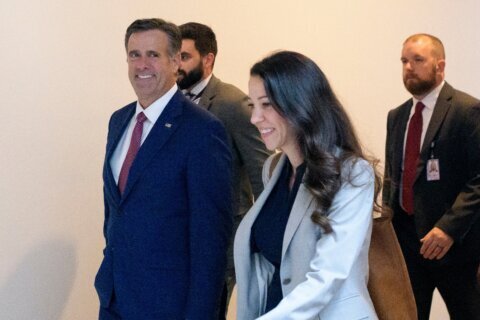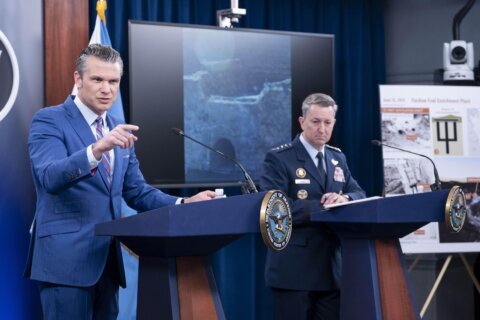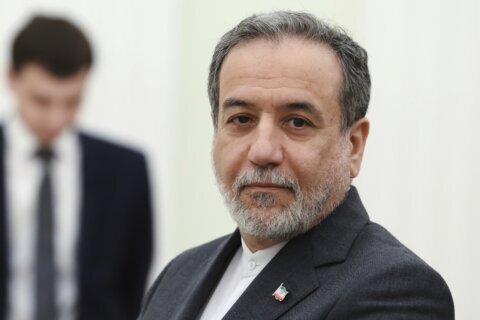“Iran could resume enrichment within months.”
That stark warning from International Atomic Energy Agency Director General Rafael Grossi cuts through the political spin surrounding the U.S.-Israeli bombing campaign. It means the international effort to halt Iran’s nuclear program — through brute force — may have delivered only a temporary setback, not a strategic victory.
Grossi’s statement confirms what many nuclear analysts feared: technical knowledge and dispersed assets have outlived the airstrikes. Iran’s nuclear program isn’t just a collection of buildings — it’s a network of scientists, engineers, underground sites and stockpiled materials. Destroying centrifuge halls may have slowed the process, but Iran retains the capability and intent to rebuild.
And with IAEA inspectors currently barred from Iranian facilities, the world may be flying blind. Verification — the foundation of nonproliferation — is gone. That raises the risk of Iran pushing ahead in secret and doing so under the radar until it is too late to stop them without full-scale war.
Will the U.S. strike again? The answer depends on what happens next inside Iran and in D.C.
President Donald Trump ignored U.S. intelligence claims that Iran was not close to developing a nuclear weapon and ordered the strike. He said it was an overwhelming success. Grossi, the IAEA, and others say otherwise.
Behind closed doors, officials in the U.S. and beyond acknowledge some uranium stockpile survived — and that Iran may now feel emboldened to weaponize out of view.
If new satellite imagery or human intelligence confirms Iran is rebuilding or enriching beyond 60%, the U.S. may feel compelled to act again — either unilaterally or in concert with Israel. But the cost of a second strike would be exponentially higher.
Iranian retaliation could include sleeper cell activation, attacks on U.S. assets abroad or asymmetric cyber strikes. International blowback would grow, especially if civilian casualties mount or diplomacy is viewed as deliberately torpedoed. And most critically, Iran might formally withdraw from the Non-Proliferation Treaty, removing any remaining transparency.
Without IAEA access and with European diplomacy paralyzed, the U.S. is increasingly reliant on its own intelligence and Israeli sources — many of which overestimated Iraq’s weapons of mass destruction in 2003. That parallel isn’t lost on senior officials at Langley or the Pentagon. The fear now is not just that Iran might race to a bomb, but that America might miscalculate how far along they are and strike based on assumption, not evidence.
Grossi’s statement presents the U.S. with an unenviable truth: You can bomb centrifuges, but you can’t bomb knowledge. Iran’s nuclear program has become more secretive, more dispersed, and more resilient. A second strike might delay progress again — but only at the cost of deepening instability, eroding global norms and inviting open war.
The Biden and Obama administrations gambled on diplomacy. Trump gambled on force. Now the world waits to see which bet history will vindicate — and whether Iran’s nuclear future will be decided in Vienna or by vengeance.
Get breaking news and daily headlines delivered to your email inbox by signing up here.
© 2025 WTOP. All Rights Reserved. This website is not intended for users located within the European Economic Area.








